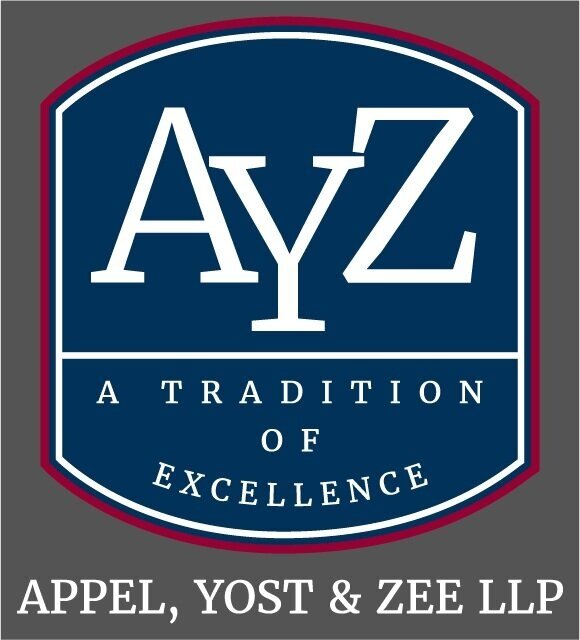Lack of Positive Behavior Support Plan Results in Compensatory Education for PA District
By Mike W. Lewis and Megan E. Johnson
September 22, 2023
On July 27, 2023, the U.S. District Court for the Eastern District of Pennsylvania held that a district violated the Individuals with Disabilities Education Act when it failed to appropriately address the behavioral needs of a grade school student with autism.
K.W. was a student at Upper Darby School District with significant disabilities in executive functioning and social-emotional and behavioral functioning. During the spring of 2020, K.W. was removed from his placement at the Vanguard School for behavioral issues, but his Individualized Education Plan (IEP) was not revised to include an individualized Positive Behavior Support Plan (PBSP) based on a Functional Behavioral Assessment (FBA). K.W. was then placed at the Y.A.L.E. School for the 2020-21 school year. K.W.’s mother expressed concerns on multiple occasions regarding K.W.’s progress academically and socially, but the IEP was not revised, and K.W. was given the School-Wide PBSP rather than an individualized IEP.
In November of 2021, the District was notified that the Y.A.L.E. would be terminating services for K.W. The District planned to implement the same IEP K.W. had at the Y.AL.E. school, which did not include an individualized PBSP based on an FBA. In December of 2021, the District and K.W.’s family reached an agreement whereby the District would provide reading and math instruction in K.W.’s home while referrals to other programs were pending. In January 2022, the District began to provide the tutoring, which was “inconsistent” and ended due to “issues with the District providing payment for travel time.” K.W.'s Parents filed a new administrative due process action against the District, alleging the District did not provide the student with a free appropriate public education (FAPE) during the 2020-21 and 2021-22 school years.
The Hearing Officer ruled that the District provided K.W. with FAPE for both school years, but denied the student FAPE from April 18, 2022 until K.W. began the appropriate out-of-District program, for which the family was awarded relief. Both parties appealed the Hearing Officer’s decision to the U.S. District Court for the Eastern District of Pennsylvania, where the two dockets were consolidated. The District successfully got the family’s claims arising under the ADA dismissed, leaving the IDEA and Section 504 claims for the court to hear.
The District had ample evidence that it needed to update the IEP to include an individualized PBSP based on an FBA. Although K.W.’s performance was affected by inconsistent attendance, absences cannot be deemed the sole reason for behavioral difficulties. Despite evidence that there was a need for an individualized plan for K.W., the District failed in implementing one by utilizing a school-wide PBSP for K.W., which proved to be ineffective for his success. Consequently, the court awarded the parents approximately 1,800 hours of compensatory education.
K.W.’s deteriorating behavior was the foreseeable result of the District’s failure to implement an appropriate and individualized PBSP based on an FBA. Where a District knew of a student’s needs well in advance of the start of a year, an appropriate program to address those needs should have been in place. Had the district developed individualized behavioral interventions to reduce the student’s aggression, hyperactivity, and tendency to elope, it would have satisfied its FAPE obligation and would not be responsible for 1,800 hours of compensatory services.
Should you have any questions about this case, or any special education-related questions, please do not hesitate to contact Michael W. Lewis or any of the attorneys in the Appel, Yost & Zee Education Law Group.
